
‘Like Electricity, AI Can Bring Incredible Benefits’
Developments in the field of artificial intelligence are gradually taking over the world. AI has the potential to bring incredible benefits to the global economy and our quality of life, but it also creates new challenges. Panos Pardalos, Professor at the University of Florida, Academic Supervisor of the Laboratory of Algorithms and Technologies for Networks Analysis (Nizhny Novgorod), covered these issues, along with other related topics, in his recent report.
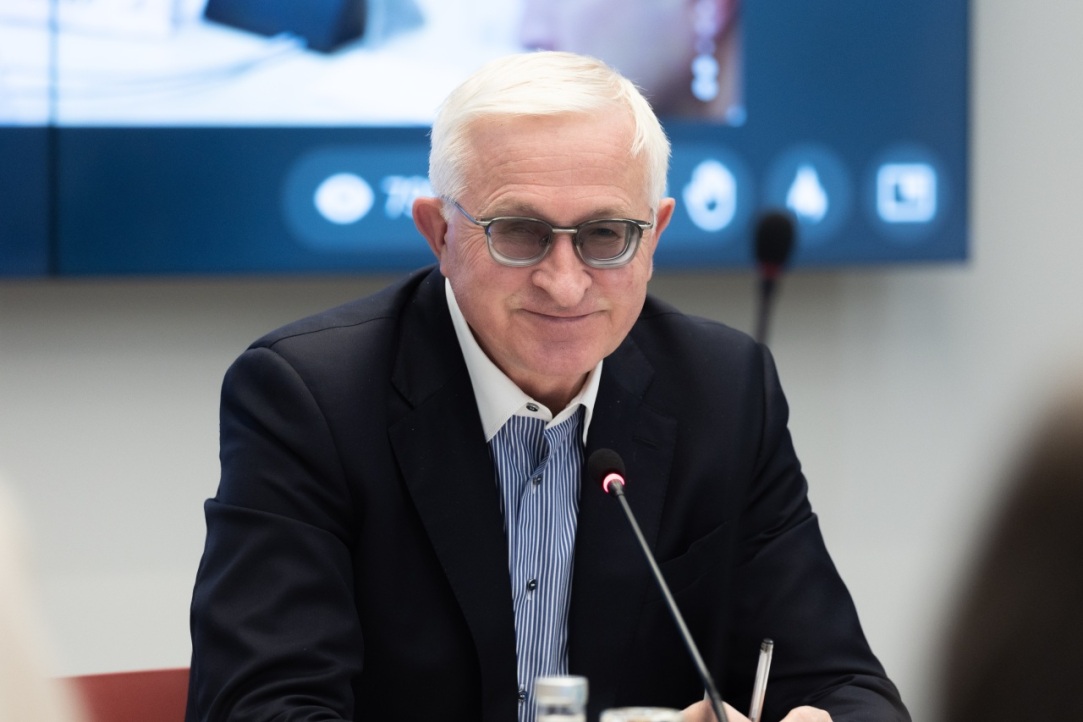
Alexander Shokhin: Legalising Mining as Entrepreneurial Activity Is Crucial
Professor Alexander Shokhin, President of HSE University and the Russian Union of Industrialists and Entrepreneurs (RUIE), participated in the Digital Security Law Forum at MGIMO University. He discussed the integration of digital finance and digital financial assets into the country's economic landscape and advocated for the legalisation of cryptocurrency mining as a form of entrepreneurial activity.

Russian Researchers Improve Neural Networks' Spatial Navigation Performance
Researchers at HSE University, MISiS National University of Science and Technology, and the Artificial Intelligence Research Institute (AIRI) have developed an enhanced approach to reinforcement learning for neural networks tasked with navigation in three-dimensional environments. By using the attention mechanism, they managed to improve the performance of a graph neural network by 15%. The study results have been published in IEEE Access.
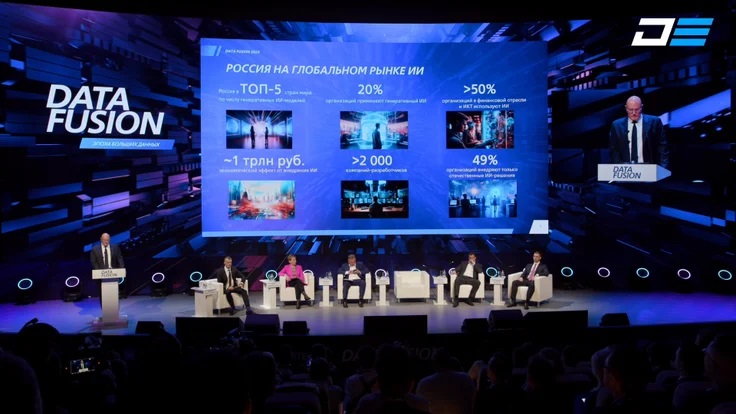
‘You Need to Know a Lot of Ideas and Algorithms, Come Up with Something Unconventional’
A student of the HSE Faculty of Computer Science, Andrey Kuznetsov, has become the winner of the 2024 Data Fusion Contest. He took first place in solving geoanalytics tasks, and also won the special ‘Companion’ category. The competition took place as part of the 2024 Data Fusion conference on big data and AI technologies. Researchers from HSE University presented the results of their work and demonstrated applied developments at the conference.
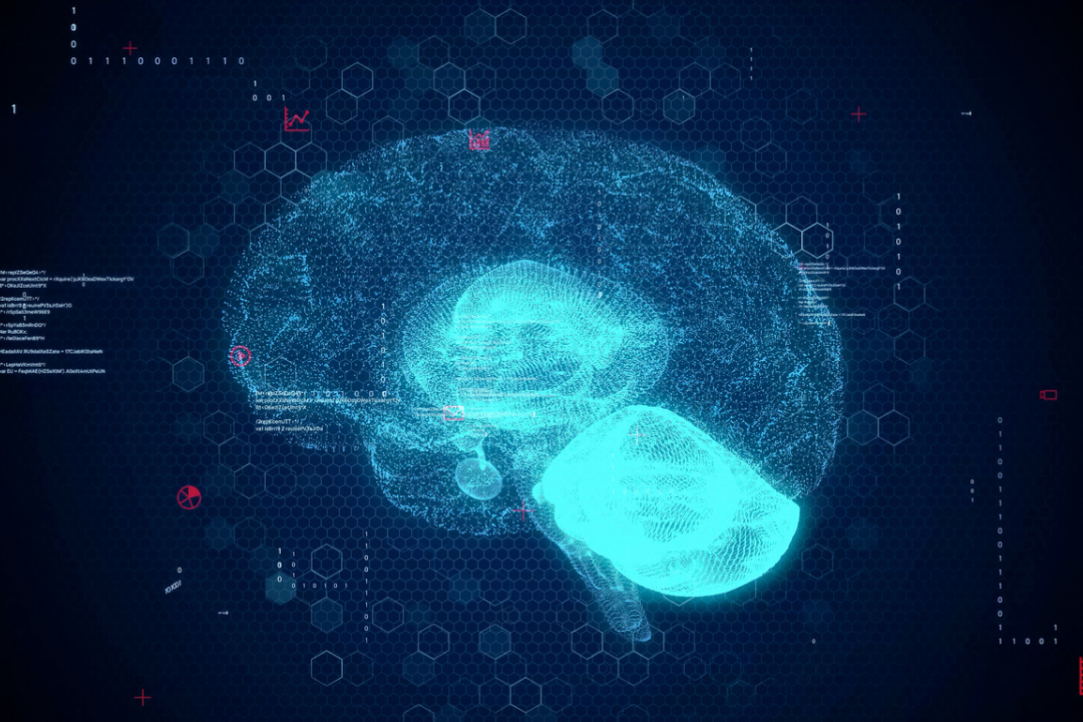
Parietal Cortex Influences Risk-Taking Behaviour
Making decisions in situations involving risk and uncertainty is an inherent aspect of our daily lives. Should I obtain luggage insurance for my flight, cross the road when the light is red, or leave my current job for a new opportunity? Researchers at the HSE Institute for Cognitive Neuroscience conducted an experiment to clarify the role the parietal cortex plays in decision-making in the context of risk. They found that suppression of activity in the parietal cortex resulted in subjects being less inclined to take risks. A paper with the study findings has been published in Cerebral Cortex.
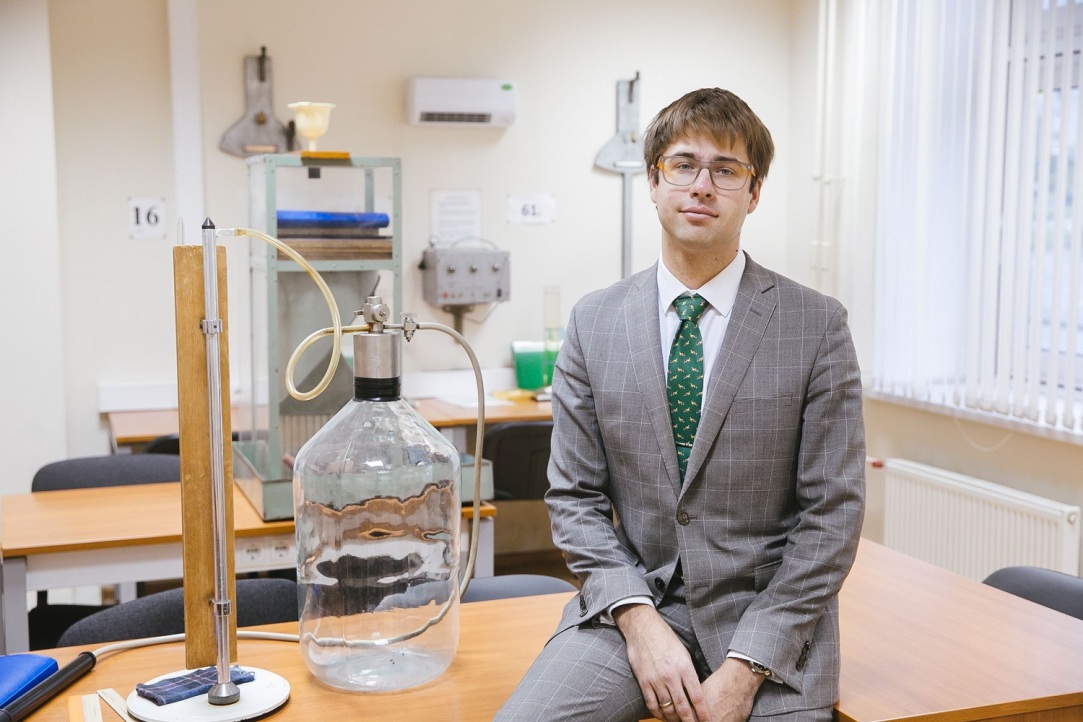
‘I Aspire to Make a Contribution Comparable to Prometheus' Gift to Humanity'
Egor Sedov initially planned to pursue a career in programming but instead became captivated by experimental physics. In this interview with the HSE Young Scientists project, he spoke about the quantum effect and the quantum standard, a scientist's letter from the future, and the magnetic levitation of a frog.
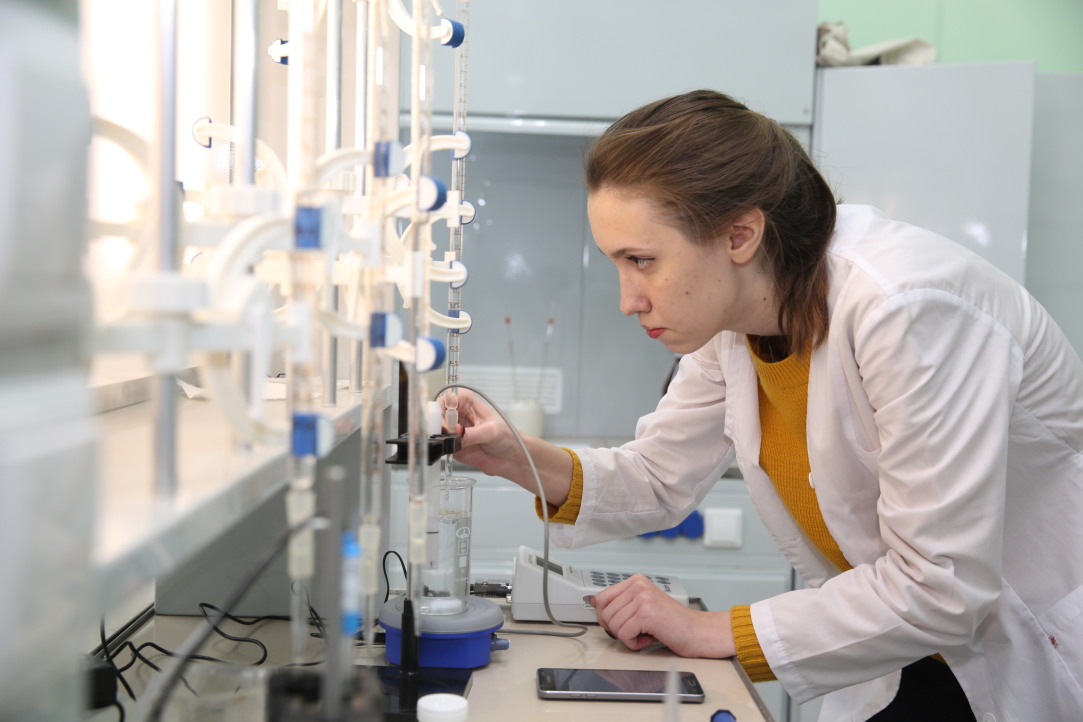
HSE ‘Mirror Laboratories’ Project Marks Five Years since Start
‘Mirror Laboratories’ is one of the flagship programmes of the HSE University aimed at developing domestic scientific partnerships. During the implementation of the project, 41 research projects were initiated in partnership with 30 regional universities and scientific organisations. A series of round tables timed to coincide with the fifth anniversary of the ‘Mirror Laboratories’ project, were held at the HSE University on April 24–25, 2024.

'Our Сentre is a Major Multidisciplinary Project'
Meeting in April, the HSE Academic Council discussed the results achieved by the Human Capital Multidisciplinary Research Centre in 2020-2023 and its plans for the future. Lilia Ovcharova, HSE Vice Rector and initiator of the Human Capital Multidisciplinary Research Centre, presented an overview of the progress made, stating, in particular, that 25 subdivisions of HSE University are involved in the Centre's work and more than two thousand early-career researchers and students have been trained at the Centre. Rospatent (the Russian Federal Service for Intellectual Property Rights) has registered 22 intellectual property objects (IP objects) produced in the framework of the Centre's operation, and 28 educational products have been prepared by the Centre.
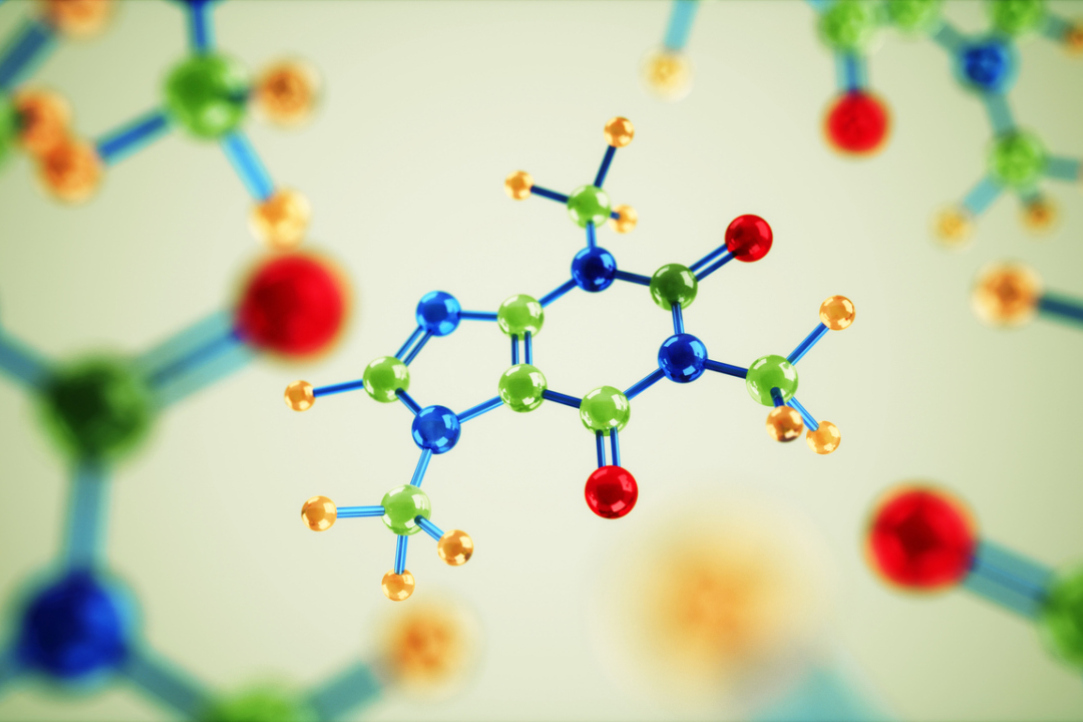
Russian Chemists Develop Luminous Pseudosandwich Composed of Rare Earth Metals
A team of Russian researchers has successfully synthesised a new class of complex compounds of rare earth elements. Unlike other lanthanide compounds, the resulting substances are highly soluble in most organic solvents. These novel compounds can find application in organic and organometallic synthesis, as well as in the production of new luminescent materials. The study has been published in Inorganic Chemistry.

Commitment to a Healthy Lifestyle Varies across Russian Regions
Economists at HSE University have assessed the impact of smoking, alcohol consumption and sports participation on life expectancy in Russia. These factors were found to vary significantly across regions; therefore, efforts to promote healthy lifestyles in each region should take into account local characteristics. The paper has been published in Public Health.


Submissions are open until October 13